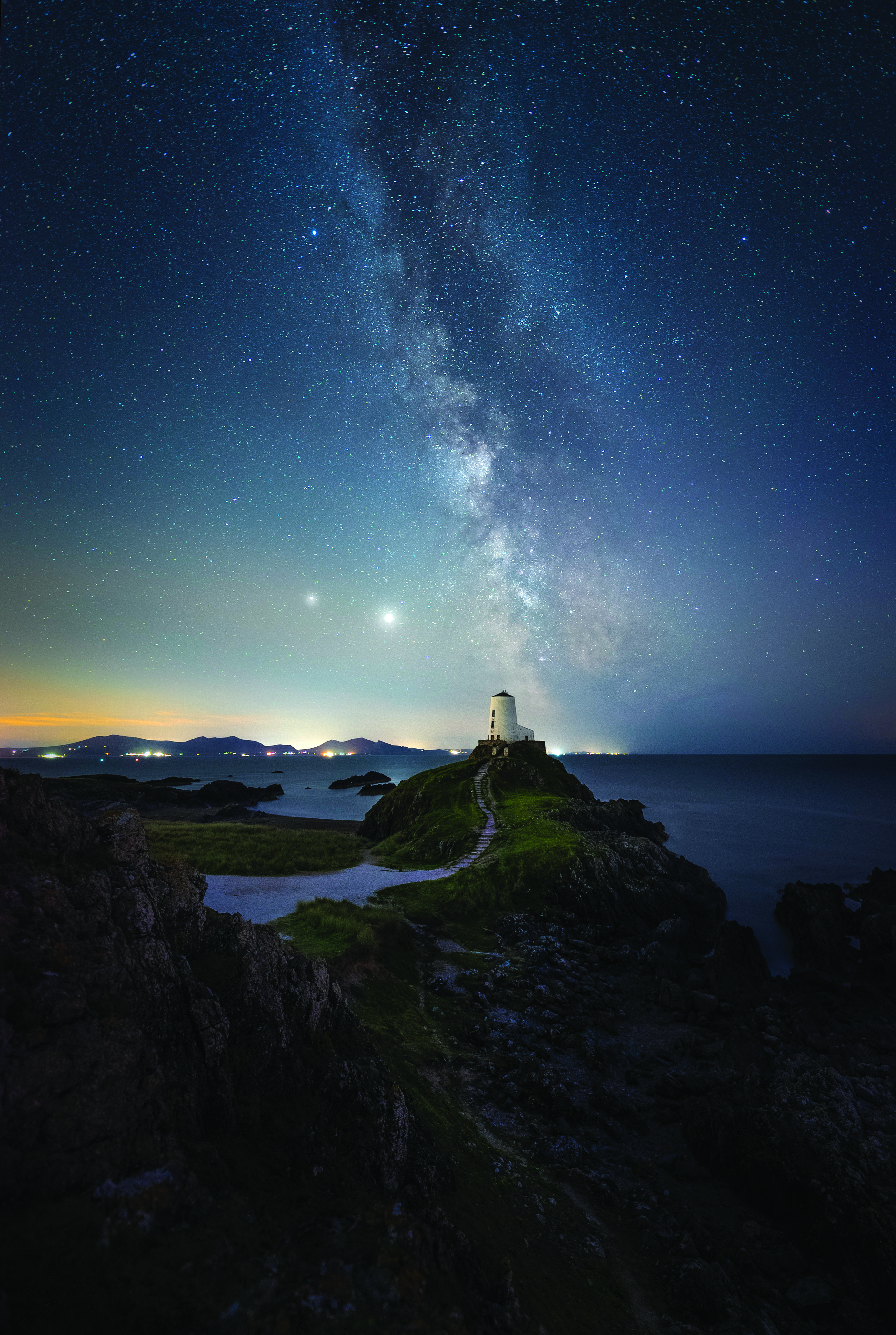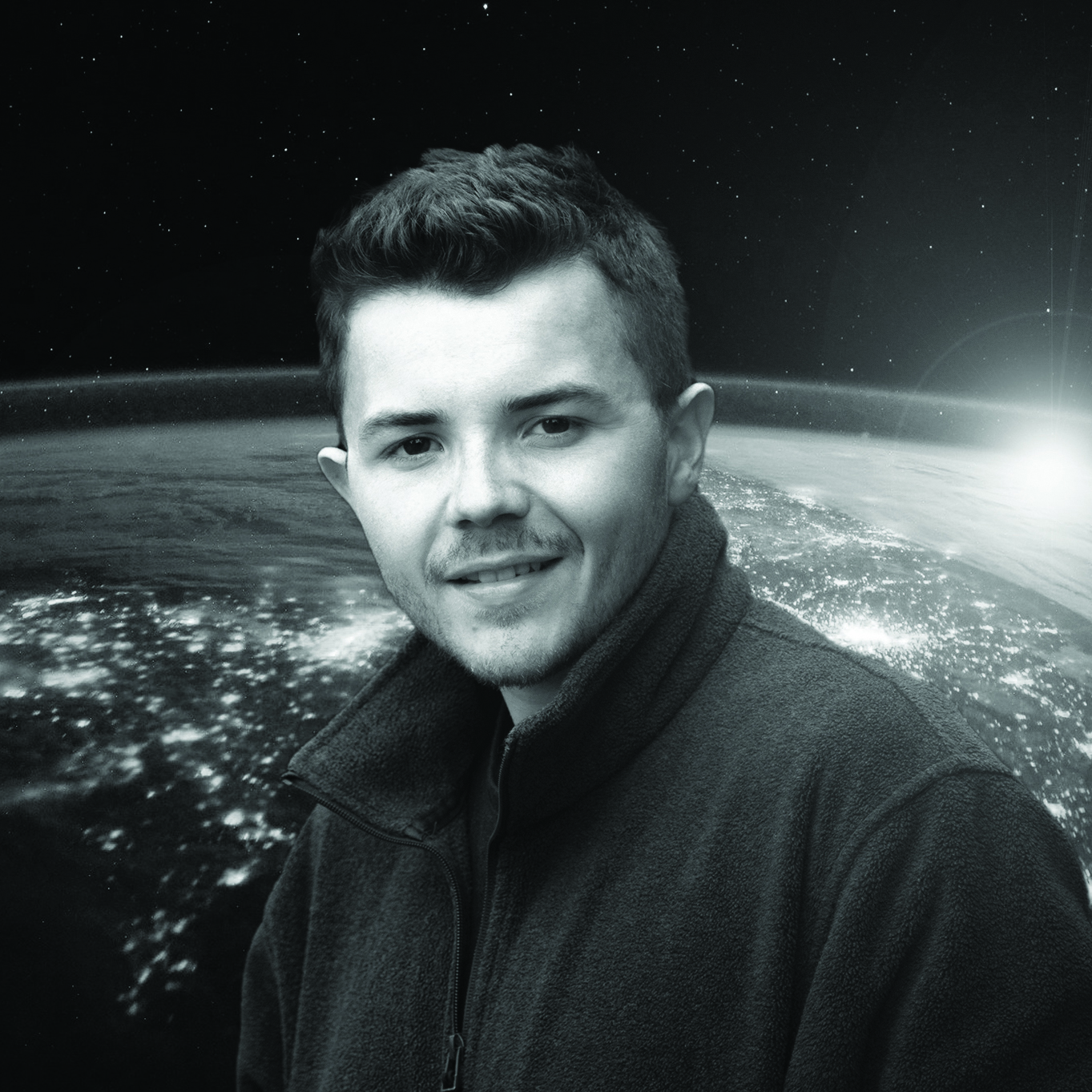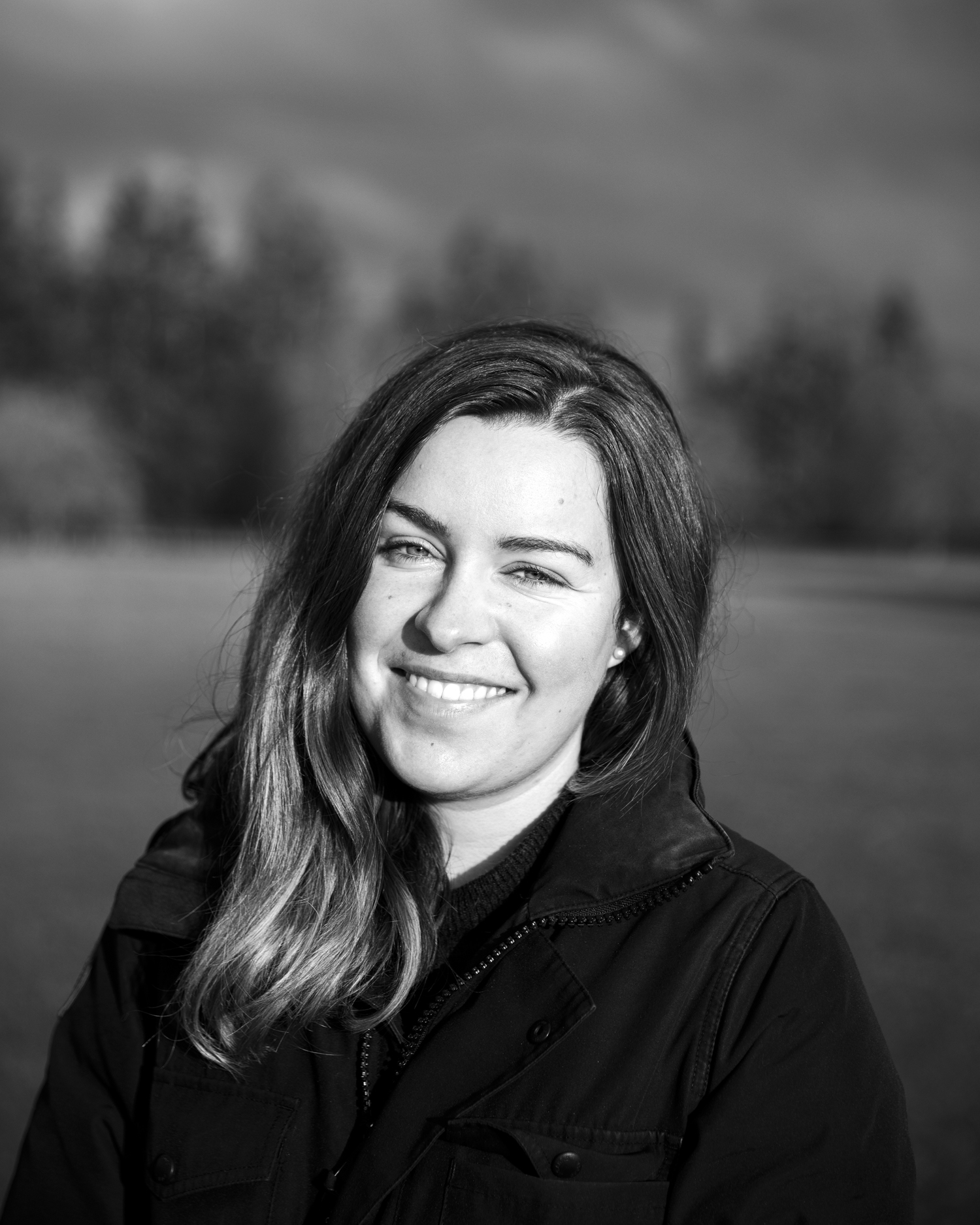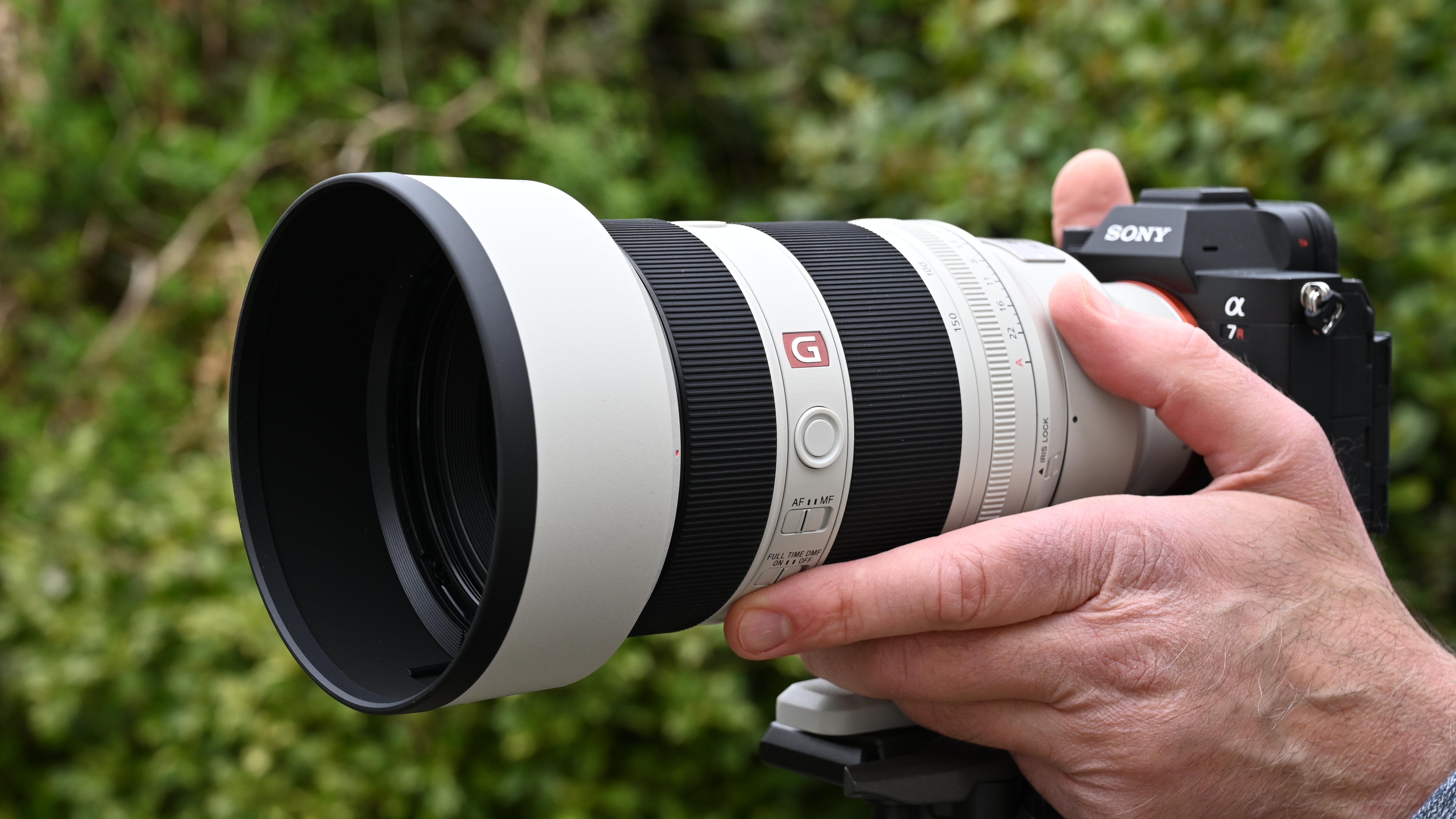One photographer's mission to save our skies from light pollution
Josh Dury shares his passion for astrophotography and the importance of conserving our view of the stars


Josh Dury is a photographer, filmmaker and astronomer based in Bristol, UK. He is a delegate of The International Dark-Sky Association representing Bristol and South-West England.
The impacts of artificial light at night are rapidly changing our view of the night sky, and light pollution is a new area of climate conservation.
As a photographer, filmmaker and astronomer, I have been fortunate to document some exciting celestial events across the globe; from the northern lights to the darkest skies in the world in the Atacama Desert in Chile.
During the recent lockdown, the extent of our impact on the natural world became apparent when we witnessed a significant reduction in levels of light pollution and air travel.
The natural world showed signs of recovery, allowing us to view the night sky in a way many of us have never seen before, enabling more of us to connect with the stars.
A post shared by Josh Dury (@josh_dury_photomedia)
A photo posted by on
It was also noticeable to observe a ‘string of pearls’ pass through the night sky. SpaceX’s Starlink satellites had gone largely unnoticed by many until now, and our view of the universe is under increasing threat, with up to 80,000 satellites planned to be launched by the year 2025.
When I first became aware of the impacts, it hit me hard that we may possibly be the last generation to observe the night sky in its entirety. This is why I wanted to do something about it.
When your image resolves on the LCD screen of your camera, you realise that the mass of stars is in fact a galaxy.
Josh Drury
The night sky is universal and should be accessible to all. However, not everyone has a view of a truly dark sky. My current work is orientated towards landscape astrophotography: to capture low-light, long-exposure images devoid of light pollution; to reflect our connection to the cosmos and promote the conservation of dark-sky sites.
Get the Digital Camera World Newsletter
The best camera deals, reviews, product advice, and unmissable photography news, direct to your inbox!
It’s the moment that allows you to see it with your own eyes and puts into perspective how small you are, for our short time on this little rock, slowly spinning through space. There’s nothing else like it.
I am very much an advocate of the idea that people must see and feel inspired by something to be compelled to protect it. This is why I aspire to document the limited amount of time we have left to observe our open window to the universe.
A post shared by Josh Dury (@josh_dury_photomedia)
A photo posted by on
A post shared by Josh Dury (@josh_dury_photomedia)
A photo posted by on
Read more:
The best telescopes for astrophotography
The best lenses for astrophotography
How to capture a star cluster in your backyard

Lauren is a writer, reviewer, and photographer with ten years of experience in the camera industry. She's the former Managing Editor of Digital Camera World, and previously served as Editor of Digital Photographer magazine, Technique editor for PhotoPlus: The Canon Magazine, and Deputy Editor of our sister publication, Digital Camera Magazine. An experienced journalist and freelance photographer, Lauren also has bylines at Tech Radar, Space.com, Canon Europe, PCGamesN, T3, Stuff, and British Airways' in-flight magazine. When she's not testing gear for DCW, she's probably in the kitchen testing yet another new curry recipe or walking in the Cotswolds with her Flat-coated Retriever.
